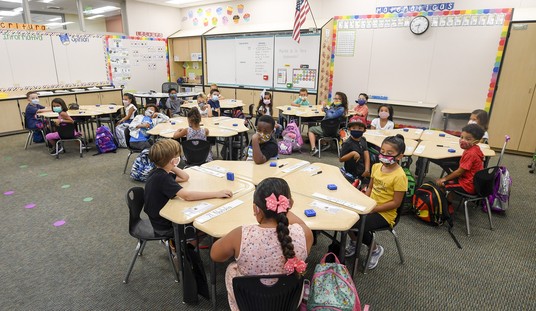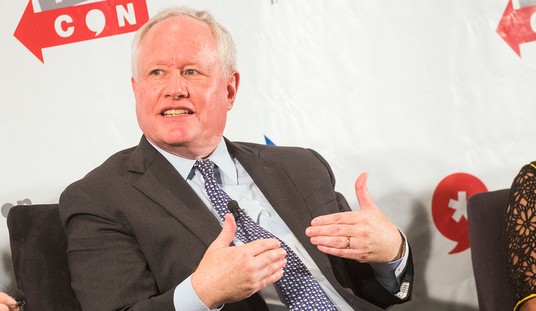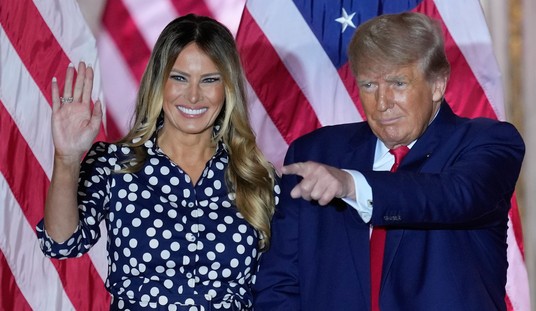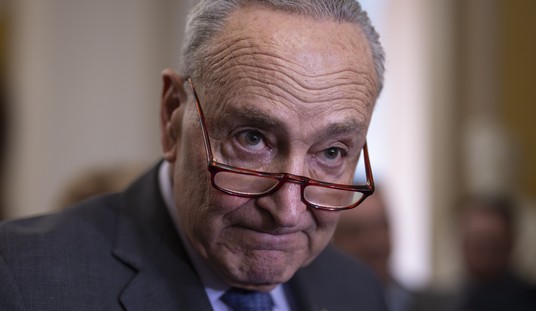A study released today by professors at New York University and Stanford concludes it is extremely unlikely that “fake news” changed the outcome of the 2016 election. A report by the Economist describes how the researchers went about determining the impact of fake news on the election:
The authors collected a database of fake news stories shared before the election and surveyed 1,200 Americans about them…
Messrs Allcott and Gentzkow compute a sense-check on whether these fake news stories swung the election, by referring to good evidence on the effect of watching a TV campaign ad on vote switching. By assuming that exposure to a campaign commercial increases the probability of a switched vote by a fixed amount, political scientists have come up with reasonable, (more or less causal) estimates for the persuasiveness of an individual ad.
But as it turns out, most Americans didn’t see the fake news on the internet and, even for those who did, many did not remember it or believe it was true when they saw it. The researchers conclude the average American saw 0.92 fake news stories prior to the election.
Using political ad persuasiveness as a metric, they determine what would have been required to change the outcome of the election. There are a lot of caveats here. For one thing, the researchers didn’t have state-based data to work with so they assumed the national vote would need to shift en masse by 0.51% in order to change the result in Michigan, Pennsylvania, and Wisconsin and change the results of the electoral college. So the question became: How potent would fake news have to be in order to accomplish this shift in the electorate? From the conclusion to the study:
In summary, our data suggest that social media were not the most important source of election news, and even the most widely circulated fake news stories were seen by only a small fraction of Americans. For fake news to have changed the outcome of the election, a single fake news story would need to have convinced about 0.7 percent of Clinton voters and non-voters who saw it to shift their votes to Trump, a persuasion rate equivalent to seeing 36 television campaign ads.
There are still plenty of caveats to consider here. For instance, the database of fake news stories created by the researchers was not comprehensive, meaning their could have been more fake news out there than they accounted for. On the other hand, they assumed that fake news was persuasive even on the voting of people who said they didn’t believe it. So that may have overstated the impact of fake news pretty substantially.
The bottom line here is that, unless you attribute miraculous persuasion powers to junky fake news stories, fake news didn’t determine the outcome of the election and probably arguably didn’t make much of an impact overall.
[Hat tip to Joe Concha at the Hill for highlighting this study.]








Join the conversation as a VIP Member